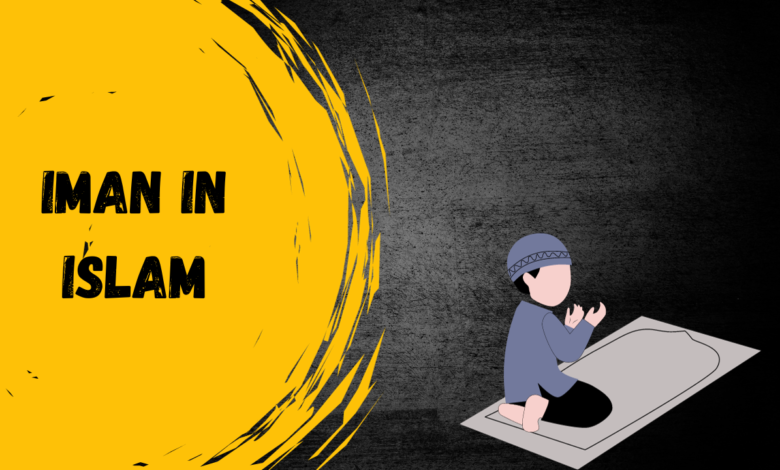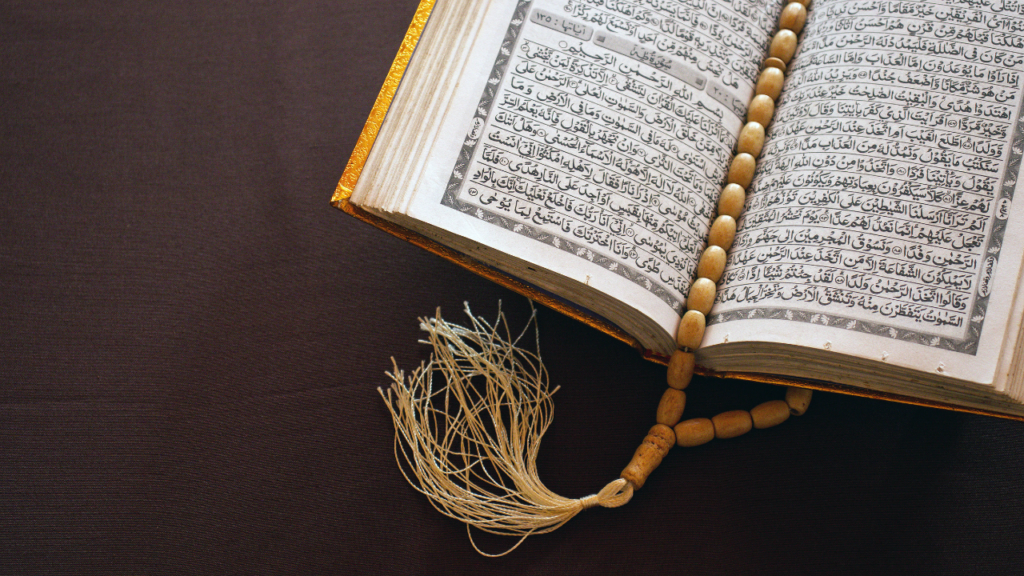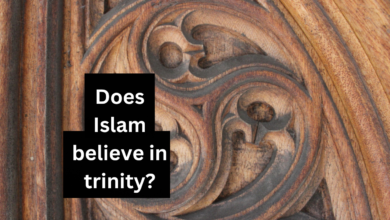
Iman in Islam
Iman in Islam refers to faith or belief in Allah (God) and the core tenets of the religion. It encompasses a deep and sincere belief in the fundamental teachings of Islam.

Introduction
Iman, often translated as faith or belief, is a fundamental concept in Islam. It is the cornerstone upon which the entire structure of the religion is built. Iman encompasses both belief in the heart and action in accordance with that belief. In this article, we will explore the concept of Iman in Islam, its components, significance, and its role in the life of a Muslim.
What is Iman?
Iman, in the Islamic context, refers to the firm belief in the oneness of Allah (God) and the acceptance of His prophetic message through His messengers. It signifies a deep, unwavering faith that resides within the heart of a believer. Iman is not merely a verbal declaration but a state of the heart and soul.
Components of Iman
- Belief in Allah: At the core of Iman lies the belief in the existence and oneness of Allah. Muslims believe that Allah is the one and only God, the Creator of the universe, and the Sustainer of all living beings. This belief is central to Islamic faith.
- Belief in Angels: Muslims also have faith in the existence of angels, who serve as messengers of Allah and carry out various divine tasks, including recording human deeds.
- Belief in Divine Scriptures: Iman includes the acceptance of the divine scriptures revealed by Allah, including the Quran, as the ultimate source of guidance for humanity. Muslims believe that these scriptures contain the unaltered and timeless words of God.
- Belief in Prophets: Muslims believe in all the prophets and messengers sent by Allah, including Adam, Noah, Abraham, Moses, Jesus, and the final prophet, Muhammad (peace be upon them all). These prophets conveyed God’s messages to guide humanity.
- Belief in the Day of Judgment: Iman includes the belief in the Day of Judgment, when all individuals will be held accountable for their actions. Those with sincere faith and good deeds will be rewarded with paradise, while those who reject faith and commit evil will face punishment.
- Belief in Qadar (Divine Preordainment): Muslims also believe in Allah’s divine preordainment of everything that happens in the universe. This includes both good and bad events, and it is a test of faith for believers to accept whatever comes their way with patience and gratitude.
Also Check
- House of wisdom Islam
- What are some similarities between Judaism Christianity and Islam?
- Islamic converts to Christianity
- Islamic quotes
- Dar Al Islam
- What conditions were laid between the Muslims and the infidels on the occasion of peace at Hudaybiyah?
Significance of Iman
- Guidance and Purpose: Iman provides Muslims with a clear sense of purpose and direction in life. Believing in Allah and His guidance through the Quran helps them make ethical and moral choices.
- Spiritual Fulfillment: Iman fills the spiritual void in a person’s life, offering inner peace, contentment, and a sense of connection with the divine.
- Morality and Ethics: Iman shapes the moral and ethical framework of a Muslim’s life. It encourages honesty, kindness, justice, and compassion in their interactions with others.
- Resilience in Challenges: Belief in Allah’s wisdom and the Day of Judgment helps Muslims navigate life’s challenges with resilience and patience. It gives them the strength to persevere in the face of adversity.
- Community and Brotherhood: Iman fosters a sense of unity and brotherhood among Muslims. It transcends ethnic, cultural, and social boundaries, creating a global community of believers.
Role of Iman in a Muslim’s Life
Iman is not a static concept but a dynamic force that influences a Muslim’s daily life. It serves as a guide for making moral decisions, seeking knowledge, and engaging in acts of worship. It also inspires Muslims to engage in acts of charity, kindness, and social justice, as these actions are an integral part of Islamic faith.
Conclusion
Iman is the essence of faith in Islam, representing a profound belief in the oneness of Allah and the acceptance of His guidance through His messengers. It is a source of strength, purpose, and moral guidance for Muslims, shaping their character and actions. By nurturing and strengthening their Iman, Muslims strive to lead lives that are pleasing to Allah and beneficial to humanity, embodying the principles of love, compassion, and justice.

(FAQs) About Iman in Islam
What is Iman in Islam?
Iman in Islam refers to faith or belief in Allah (God) and the core tenets of the religion. It encompasses a deep and sincere belief in the fundamental teachings of Islam.
What are the pillars of Iman?
Iman is often described as having six pillars: belief in Allah, belief in angels, belief in the revealed books (e.g., the Quran), belief in the prophets and messengers, belief in the Day of Judgment, and belief in divine predestination (qadar).
How does one strengthen their Iman?
Strengthening one’s Iman involves engaging in acts of worship, seeking knowledge about Islam, performing good deeds, and maintaining a sincere connection with Allah through prayer and supplication. It also involves avoiding sinful behavior.
Can a person have weak Iman?
Yes, Iman can vary in strength among individuals. It is possible for a person to have weak Iman, which may be due to doubts, lack of knowledge, or being distant from religious practices. However, one can work on strengthening their faith through various means.
What is the significance of Iman in Islam?
Iman is considered the cornerstone of a Muslim’s life. It shapes their worldview, moral compass, and daily actions. It’s the driving force behind a Muslim’s devotion, obedience to Allah, and adherence to Islamic principles.
Is Iman a one-time declaration or an ongoing process?
Iman is an ongoing process. While Muslims declare their faith through the Shahada (the Islamic declaration of faith), maintaining and growing in faith requires constant effort, self-reflection, and a commitment to living according to Islamic values.
Can Iman be lost or regained?
Iman can fluctuate in an individual’s life. It can be strengthened or weakened due to life circumstances, personal choices, and experiences. If someone feels they have lost their Iman, they can work towards its revival through sincere repentance and positive actions.
What role does doubt play in Iman?
Doubt is a natural part of faith for some people. Islam encourages seeking knowledge and understanding to address doubts. Muslims are encouraged to ask questions and seek answers to strengthen their Iman.
Are there any major sins that can affect one’s Iman?
Major sins, known as “kabair” in Islam, can indeed weaken a person’s Iman. These include actions like committing murder, adultery, usury (riba), and disbelief in Allah. However, sincere repentance and seeking forgiveness can help restore one’s Iman.
Can non-Muslims have Iman?
Iman, in the specific Islamic context, refers to belief in the core tenets of Islam. Non-Muslims may have faith or beliefs in other religions, but they do not possess Iman in the Islamic sense unless they convert to Islam and declare the Shahada.






